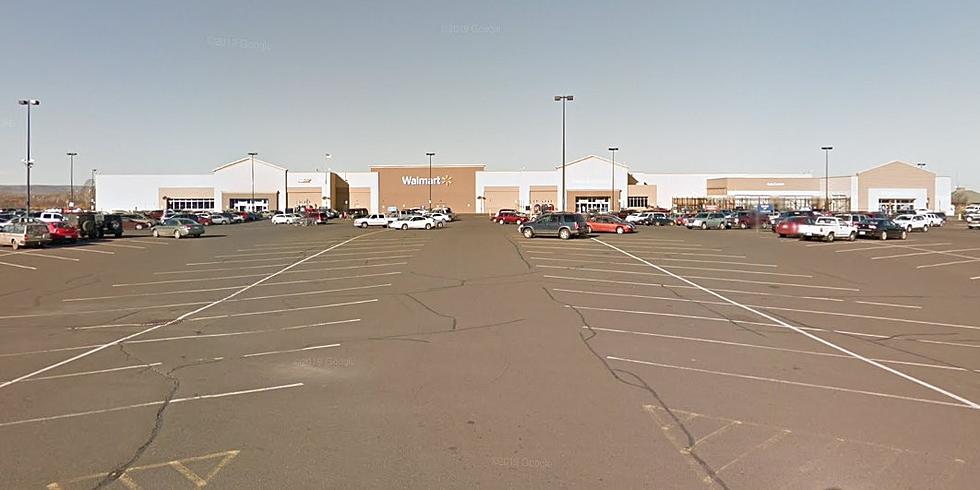
Wisconsin Supreme Court Ruling Could Have Ramifications For Stores Like Superior Walmart
While it wasn't a ruling directly on their specific claims, a decision by the Wisconsin Supreme Court could have an effect on one of Superior's largest 'big box' stores.
In a case being followed closely by cities and businesses statewide, the Wisconsin Supreme Court delivered an opinion to reject efforts by Lowe's Home Centers LLC in Delavan, Wisconsin. At issue was the nationwide retailers claim that their property taxes were being calculated incorrectly - in this case, too high. Their reasoning was the so-called "dark store" argument - which is the same one used five times since 2018 by the Superior Walmart store against the City of Superior in regards to their property taxes.
What is the "dark store" argument?
Many large retailers claim that the property value of their local "big box" stores is being miscalculated. Their argument is that the actual revenue being generated in (or by) the store shouldn't be used in the calculations. Their claim is that the assessed property value should have nothing to do with the income; the value should be based solely on the inherent value of the land and the building structure itself.
As recently as last fall - and as far back as 2018 - the Walmart corporation has sued the City of Superior in an attempt to reduce their property taxes on the store they operate at 3705 Tower Avenue. Back in September 2022, Walmart wanted the assessed value of their Superior store cut almost in half - from $12.1 million to $7.1 million.
The assessed value of the property is important because that's what's used to calculate how much property taxes are owed by the owner. Reducing the assessed value would also reduce those property taxes.
In their decision on the Lowe's Home Centers case, the Wisconsin Supreme Court ruled that the company "had not provided significant, contrary evidence to show the City of Delvan's assessment was excessive". Their majority opinion suggested that "the Circuit Court has rightfully concluded that Lowe's...overused "dark" or "distressed" stores....to determine comparable values for an operational store for which the company was challenging the assessment".
While the ruling on February 23 by the Wisconsin Supreme Court was against a large nationwide retailer operating in a community in a different part of the state, it's worth pointing out the ramifications it potentially has for each individual taxpayer in a community. When each of these "dark store" arguments gets approved by the local taxing authority - and the reduction in the stores property taxes goes down - that local government needs to make up the difference for the loss in their budget. That means that the property taxes (and fees) for every other tax payer goes up.



